Diabetes is a disease that affects your body’s ability to produce or use insulin. Insulin is a hormone. When your body turns the food you eat into energy (also called sugar or glucose), insulin is released to help transport this energy to the cells.
Insulin acts as a “key.” The most common is type 2 diabetes, usually in adults, which occurs when the body becomes resistant to insulin or doesn’t make enough insulin. In the past three decades, the prevalence of type 2 diabetes has risen dramatically in countries of all income levels. So what food can cause diabetes?
Sweetened breakfast cereals
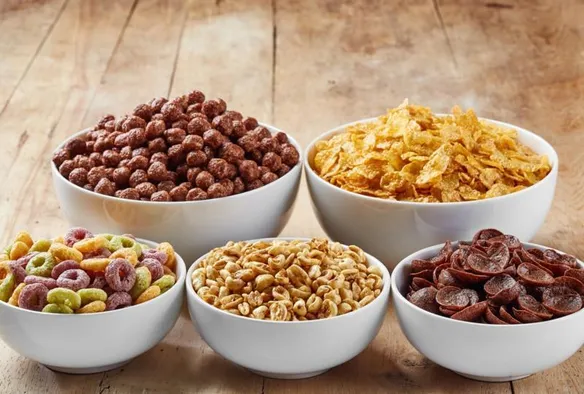
Eating cereal can be one of the worst ways to start your day if you have diabetes. Despite the health claims on their boxes, most cereals are highly processed and contain far more carbs than many people realize.
In addition, they provide very little protein, a nutrient that can help you feel full and satisfied while keeping your blood sugar levels stable during the day. Even some “healthy” breakfast cereals aren’t good choices for those with diabetes
If you want your blood test report to be interpreted by a Diabetes specialist, then you can upload your report. Our Diabetes expert will provide you with the most accurate interpretation of your blood test results and treatment within 12 hours. Upload blood test report now
Sipping Sugary Drinks
Drinking excess calories is a big reason Americans are overweight — that’s the conclusion Harvard researchers reached after reviewing 30 studies on sweet drink consumption. Think of fruit “ades” (lemonade and the like), sweet tea, and regular soda as liquid “empty calories” because they’re all sugar with no nutritional value and no sense of satiety. When you’re thirsty, drink water. Low-fat milk is another good choice.
Fast Food
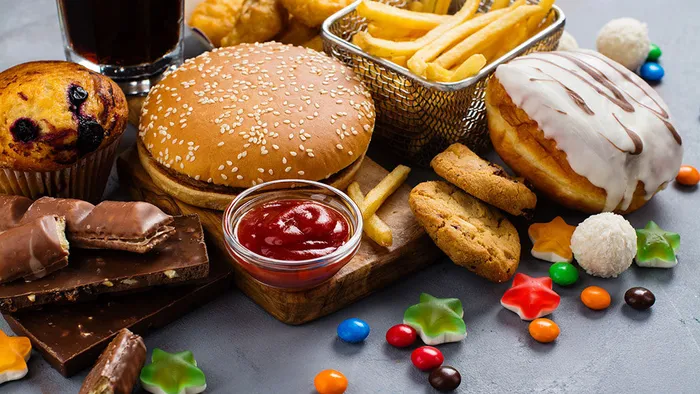
Fast food items tend to also be high in sugar and refined carbohydrates. When fast food is the only option, remember that buns, breading, condiments, fries, and soda tend to all be very high in sugar and refined carbohydrates, so keep the number of these foods that you order to a minimum.
Coffee drinks

Coffee has been linked to several health benefits, including a reduced risk of diabetes. However, flavored coffee drinks should be viewed as liquid desserts rather than healthy beverages. Studies have shown your brain doesn’t process liquid and solid foods similarly.
When you drink calories, you don’t compensate by eating less later, potentially leading to weight gain. For instance, a 16-ounce (473-mL) Caramel Frappuccino from Starbucks contains 57 grams of carbs, and the same size Blonde Vanilla Latte contains 30 grams of carbs.
Dried fruit
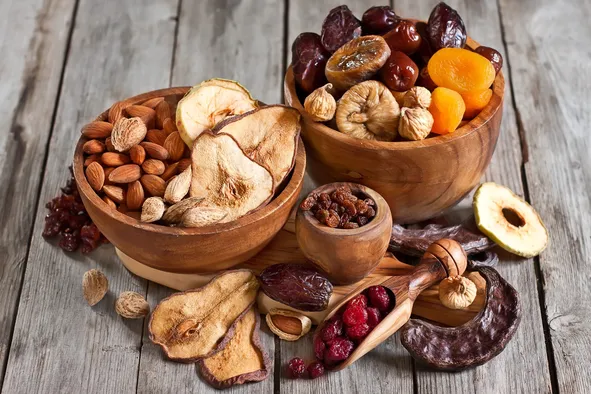
One should ideally avoid dry fruits as they are concentrated versions of fresh fruits. Naturally then, in these concentrated forms, everything goes up. The sugar levels, the glycemic index. Due to the loss of water in dry fruits, there is a higher concentration of all the nutrients and minerals of the original fruit, which may not be the best news for diabetics as the sugar content is concentrated too.
STARCHY VEGETABLES
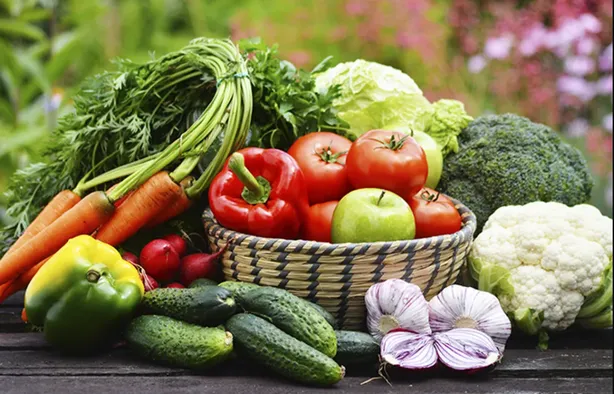
Potatoes, corn, and peas get a bad reputation because they’re starchy vegetables. People fear that they will gain weight and spike glucose by eating these foods. Vegetables are not high in protein or fat but are loaded with vitamins, minerals, fiber, and antioxidants to help prevent disease.
The fiber in vegetables slows digestion, keeps you feeling satisfied, and prevents spikes in blood glucose. Fiber also helps to feed the good bacteria in your gut. So, let’s set the record straight-starchy vegetables don’t need to be avoided and can be part of a healthy diet.
- Beetroot.
- Cassava.
- Parsnips.
- Peas.
- Potatoes.
- Sweet potato.
- Sweetcorn.
White bread, rice, and pasta
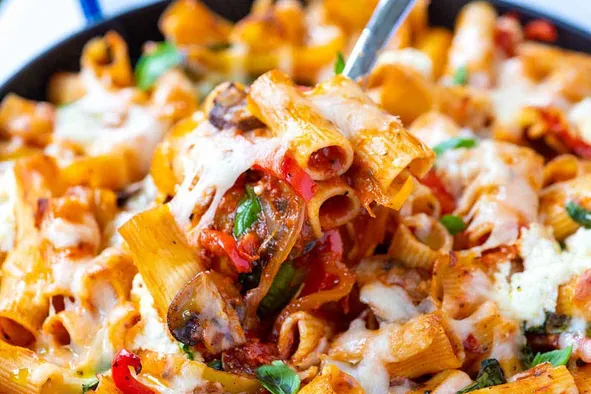
In recent years gluten and bread also have gotten a bad reputation. One camp tries to convince you that bread causes inflammation and a host of internal diseases. The other tries to explain why gluten is the devil and shouldn’t be consumed by any human being ever!
You also usually hear that alternative carb options such as rice – are much healthier because rice is a whole food that is less processed than bread despite rice still being slightly processed to turn it into “white rice”

